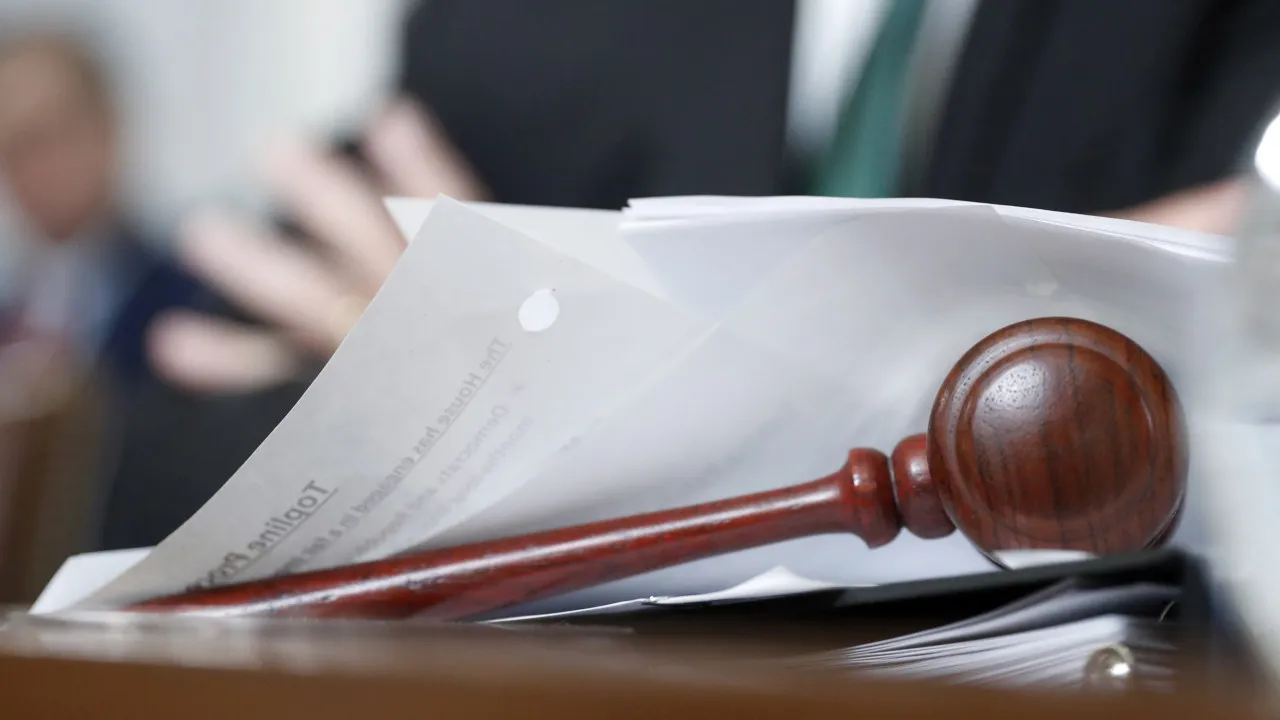
“This case confirms the existence of prolonged delays in the second administrative instance due to the significant shortage of judges in this court,” stated the CSTAF in response to a request for information.
A judge from the Judicial Court of the District of Leiria has filed a lawsuit against the State over judicial delays following a case that has been awaiting decision at the Southern Central Administrative Court (TCAS) for more than seven years.
The administrative action, aimed at pursuing non-contractual civil liability due to illegal acts resulting from delays in administering justice, was filed at the Administrative and Fiscal Court (TAF) of Leiria in July.
In the initial petition, the judge explained that he was assigned for one year to a court in the Leiria district as an assistant, although he exclusively performed duties as a circuit judge during that period.
However, “in a completely illegal manner, the Superior Council of Magistracy decided not to pay” the judge the monthly remuneration due for those functions, causing him financial harm, which led him to file a lawsuit at the TAF of Leiria in September 2014.
In February 2018, the judge’s claim was dismissed, prompting him to appeal in the following April to the TCAS, where the case “has been dormant” for more than seven years, awaiting a final decision, according to the initial petition.
The CSTAF, the management and disciplinary body for administrative and fiscal jurisdiction judges, stated that the case entered the second instance in February 2019 and has been under the responsibility of five appeal judges, including the current one. “So far, only one order has been issued,” without specifying the date.
It clarified that “in appellate courts, after a case admission order, if there is no appeal on factual matters, the case is then studied and listed for decision without the need for further orders.”
“The appeal judge currently handles 244 normal cases and zero urgent ones, with 37 cases predating the judge from the Leiria District Court’s case at the TCAS,” noted the Superior Council, adding that “this type of process is not urgent, despite being given priority by CSTAF, due to the risk of the State being condemned for not making a timely decision.”
Such a recommendation from the TCAS occurs “within the enormous limitations that arise from each appeal judge often handling more than 300 cases compared to about 80 for judges in the Courts of Appeal,” compounded by “the ongoing execution of the decision that annulled the recruitment process for appeal judges,” preventing the Superior Council from “appointing new judges until the end of the year.”
For the CSTAF, this number of processes is excessive, highlighting “the numerous efforts made with the Government to enhance this jurisdiction’s capacity, as this is the only way to reduce response times.”
The Superior Council added that the Southern Central Administrative Court “handles almost the same number of cases as the Lisbon Court of Appeal,” but “has less than a quarter of the number of judges.”
“As a result, each administrative appeal judge in the TCAS accumulates a much heavier caseload, exacerbating wait times and leading to further compensation claims for delayed justice,” acknowledged the Superior Council.




